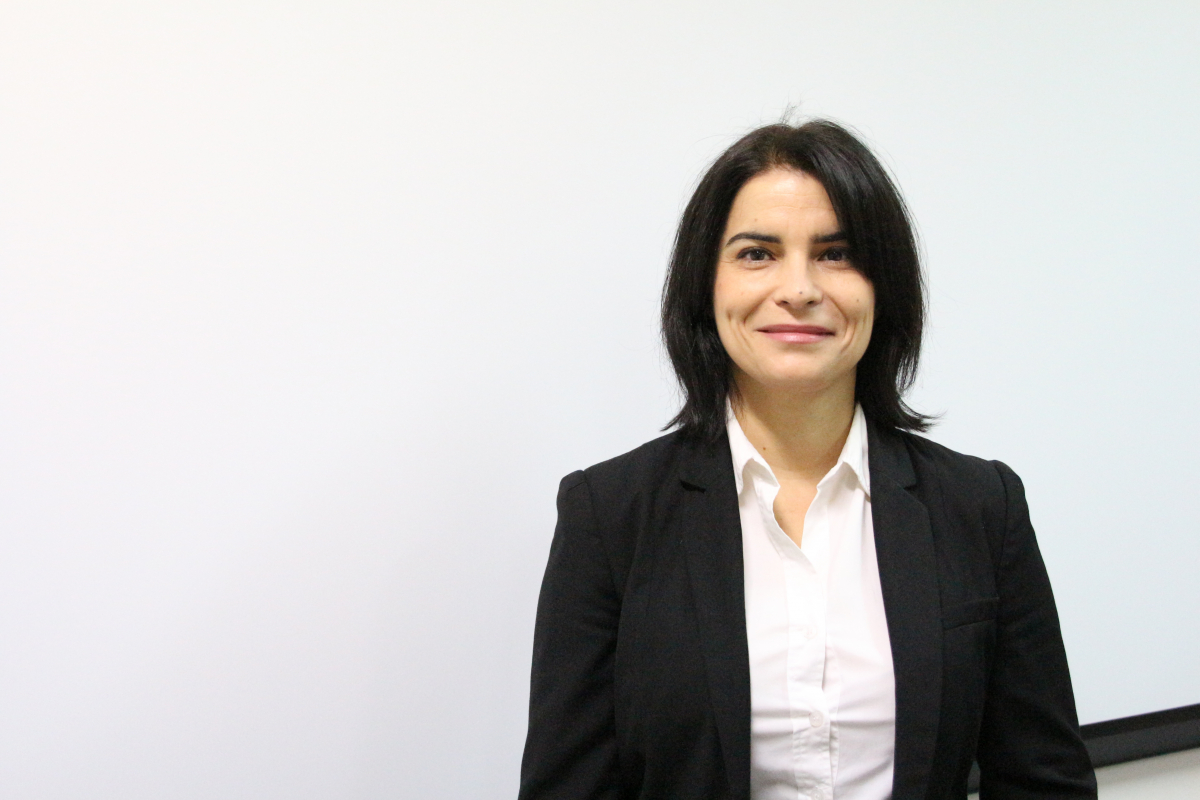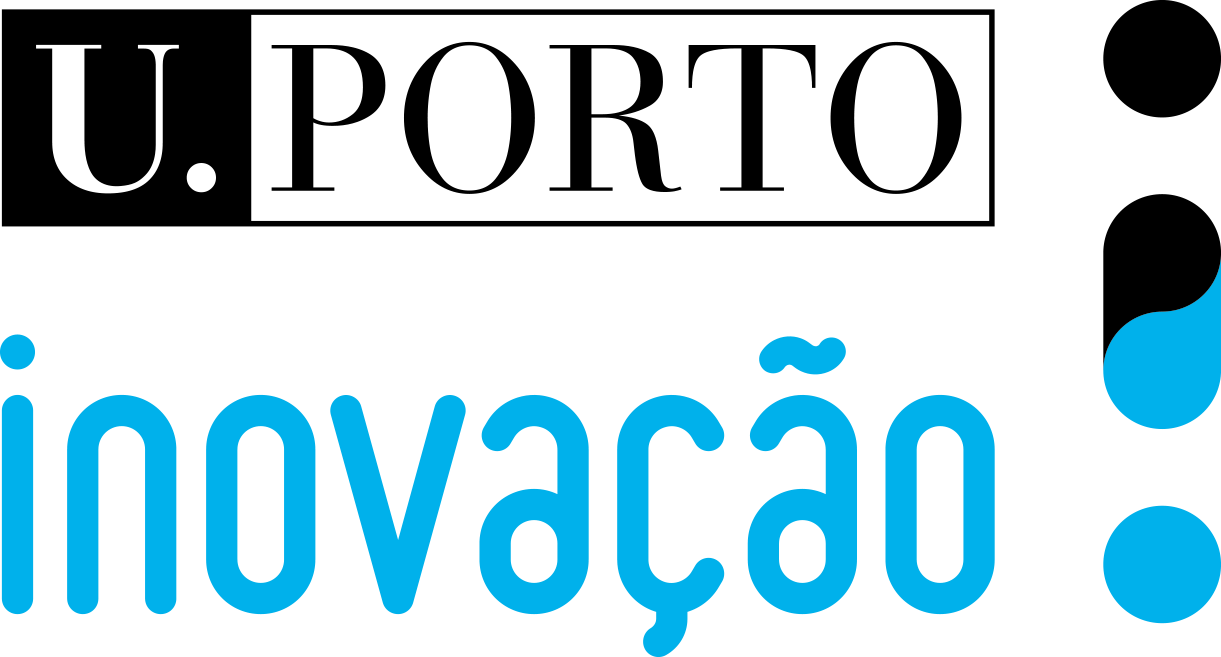
In this edition of "A chat with companies" , we talked to Elisabete Matos, Director of Innovation and Technology at Soja de Portugal. It's been 30 years since the company signed its first cooperation agreement with the University of Porto and Elisabete believes that the relationship between the two entities is increasingly stronger.
Q: What’s the importance of Soja de Portugal's relationship with the scientific and technologic community?
A: One of Soja de Portugal's main strategic vectors is innovation, recognizing it as a fundamental dimension to be a leader in the domestic market and to acquire a prominent position in the international market. It is based on the constant dialogue with our customers that we seek to create solutions tailored to each situation and according to their needs. We also believe in an open innovation methodology through our network of customers, suppliers, scientific institutes and other partners.
The scientific and technological environment is essential to ensure that the solutions we present to our customers are developed in a sustainable manner and guided by the most demanding R&D standards. The relationship with this ecosystem gives us access to the best available skills in a way that would be very difficult to obtain if we chose to internalize our innovation process. In this way, we have been consolidating our innovation ecosystem over the years by building a symbiotic relationship with renowned national and international universities and research institutes.
Q: How have Efacec and the University of Porto been collaborating?
A: This year it has been 30 years since Soja de Portugal celebrated its first collaboration protocol with the University of Porto, more specifically with ICBAS. The protocol was aimed at the development and manufacture of aquaculture compound feed and was the basis of one of our business areas, Aquasoja, which today represents the majority of the group's exports. Our interaction with the University of Porto has been strengthened over the years. We currently have several joint R&D projects in the aquaculture and pet food areas funded by Portugal 2020, but we also jointly develop smaller, self-funded projects. It is common for us to receive student visits to our facilities so that they can better understand the industrial processes in our business areas. By the way, since 1999, students of the ICBAS integrated master's degree in veterinary medicine have regularly taken classes at our Avicasal premises.
In addition, since 2012 we have been funding projects from the IJUP-Empresas Programme, which allows us to strengthen the relationship with different research teams at the University of Porto, in order to understand if we have common goals for future work. I can’t help from mentioning our participation in the doctoral program in animal nutrition SANFEED, which is now in its last edition and in which we partially funded 5 doctoral scholarships in business environment in our business scope.
Q: What are the main challenges these two players face?
A: I think the main challenge we face is maintaining relevance in a constantly and exponentially evolving world. Research, even applied research, takes time and consumes resources. It is becoming increasingly difficult to define joint medium and long-term R&D strategies to begin today the work that will give us solutions to tomorrow's challenges as new paths and new challenges constantly emerge. Today our relationship with the University of Porto makes us more agile in the change, but very easily this trend can be reversed, so we will have to remain vigilant. However, I am sure that any challenges we face together will be successfully overcome.






